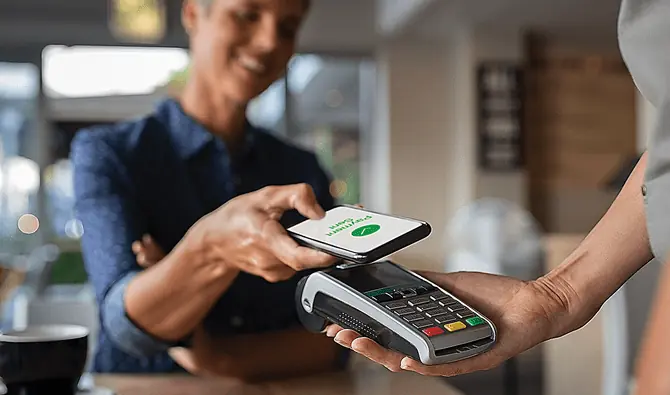KARACHI: In a major step towards making big payments through digital channels, the State Bank of Pakistan (SBP) said on Thursday it had chalked out plans to move all the government payments through Raast – the country’s instant payment system – by the end of ongoing fiscal year 2025-26.
“We have plans that with the close of this fiscal year we will be having all government payments go to Raast. We are working very aggressively,” SBP deputy governor Saleem Ullah said this while speaking at the launch of a study titled ‘Merchant Payments on RAAST: Responsible Pricing for Impact and Inclusion.’
He further said the government had announced subsidy for merchants in Raast to share their cost and encourage them to join the digital payment platform.
FBR extends deadline for income tax returns filing for 2025 till October 15
The subsidy programme for person-to-merchant/P2M QR Code based transactions is not limited only to the ongoing fiscal year (FY26), but this is a three-year programme. The government has already allocated Rs3.5 billion subsidy for September 2025 to June 2026 about a week ago.
“The subsidy would ensure merchants face zero or minimal cost in adopting digital platforms. It shall be paid at the rate of 0.5% of the value of each Raast P2M QR Code based transaction or Rs100, whichever is lower,” the official said.
“There is more than Rs11.2 trillion to Rs11.3 trillion available of cash in the economy. If Rs2.5 trillion to Rs3 trillion of this is brought back into the banking system, it will benefit everybody – banks, fintechs and all stakeholders – and help overcome the huge undocumented and the informal economy, the deputy governor said.
“The ultimate goal is to win the war against cash and that can only be achieved through partnerships and collaborations among stakeholders. This will help accelerate digitalisation of the economy and expedite inclusive growth.”
The United Nations (UN)-based Better Than Cash Alliance conducted the study in consultation with SBP, financial service provider and industry stakeholders. The study recommends a fee to be paid to merchants on P2M transactions on Raast.
‘Pakistan may go cashless in 3-year’
Better Than Cash Alliance, managing director, L. Nshuti Mbabazi said Pakistan might go cashless within the next three years.
“Pakistan has everything required to go cashless in less than three years,” Mbabazi said while addressing the occasion.
“You have everything. The banks present here show that appetite. Infrastructure, the connectivity to get it going, I am sure when the business case is making sense infrastructure investors will invest.”
SBP designated as resolution authority to deal with distressed banks, protect depositor interests
She urged the regulators and the government to make effective policies that build an ecosystem that leaves no one behind and drives financial inclusions and they mobilise trillions of cash in the economy.
Fee on Raast recommended
Raza Matin of Pakistan Leads, Better Than Cash Alliance, said the study had recommended a 0.35% MDR (Merchant Discount Rate) floor across most sector to protect the business models of acquirers that couldn’t monetise beyond transactional income.
Other recommendations were including to set specific rates for price-sensitive segments like fuel, education, and utilities, as well as higher-risk sectors such as e commerce; eliminate issuers interchange fees entirely to reduce merchant burden; introduce a zero fee for microtransactions (below Rs300) and assure merchants that P2M data would not be used for tax enforcement in the early phase.
While talking to journalists, Matin said they had recommended pricing, as there was a cost in doing on online transactions. “However, there is no price on person-to-person (P2P) transactions on Raast, nor is there a recommendation to price P2P transactions.”


